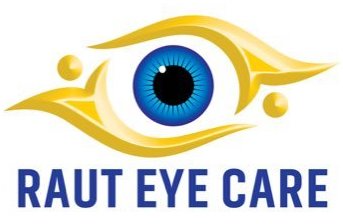
Refractive Surgery is a type of eye surgery that is used to correct vision problems caused by an irregularly shaped cornea or lens.It is a way to reduce or eliminate the need for glasses or contact lenses.
The most common types of Refractive Surgery are LASIK, PRK, and SMILE.LASIK stands for Laser-Assisted In-Situ Keratomileusis and is a procedure that uses a laser to reshape the cornea and improve vision.
PRK stands for Photorefractive Keratectomy and is a procedure that removes a thin layer of the cornea to reshape it.SMILE stands for Small Incision Lenticule Extraction and is a newer procedure that uses a laser to create a small, thin lens inside the eye.
Refractive Surgery is considered safe and effective and has a high success rate.Patients may experience temporary side effects such as dry eyes, halos, or glare, but these should improve with time.
It is important to discuss the risks and benefits of Refractive Surgery with your eye doctor and to ask any questions you may have.






